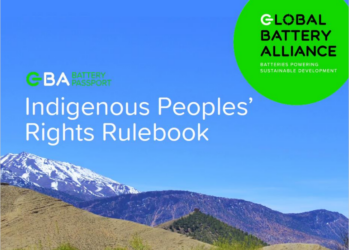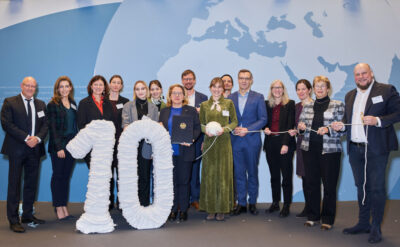Learn more about how the global health community can build on the lessons learned to promote corporate engagement on women’s health. Click here.
There are currently more than 210 different corporate standards, codes of conduct, and auditing protocols that focus on the environmental, social, and economic sustainability of global supply chains. A new label for women’s health is to join labels such as “Rainforest Alliance Certified,” “Fair Trade,” or the “Green Seal”. But how can private sector actors be brought on board? The Answer: through multi-stakeholder-partnerships (MSPs). This approach brings together diverse sets of stakeholders and strengthens the credibility and buy-in necessary to drive collective action across diverse groups such as producers, processors, and buyers.
There are currently more than 210 different corporate standards, codes of conduct, and auditing protocols that focus on the environmental, social, and economic sustainability of global supply chains. A new label for women’s health is to join labels such as “Rainforest Alliance Certified,” “Fair Trade,” or the “Green Seal”. But how can private sector actors be brought on board? The Answer: through multi-stakeholder-partnerships (MSPs). This approach brings together diverse sets of stakeholders and strengthens the credibility and buy-in necessary to drive collective action across diverse groups such as producers, processors, and buyers.



